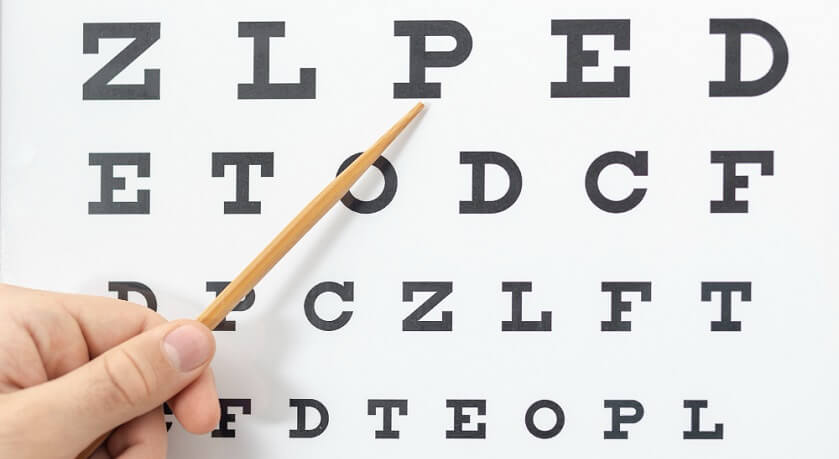We rely on our eyes, one of the body’s most vital organs, for almost everything we do. Unfortunately, many people don’t take the required measures to keep their eyes healthy, which can result in a variety of eye issues. So, here are a few lifestyle recommendations that can help you to improve your eyesight and lower your risk of developing eye issues.
Eat a balanced diet
A balanced diet full of fruits and vegetables can give your eyesight the nutrition they require to work correctly. Foods that are especially good for eyes include salmon, kale, spinach, and carrots. These foods are a good source of vitamins and minerals such omega-3 fatty acids, vitamin A, vitamin C, and vitamin E, which can help shield your eyes from harm and lower your chance of developing eye conditions. Along with maintaining a nutritious diet, it’s critical to stay hydrated by getting enough water and avoiding alcohol and caffeine, which can dry your body and your eyes.
Regular eye examinations
Maintaining good eye health requires routine eye exams. They can ensure that your vision is at its finest and aid in the early detection of eye conditions including glaucoma, cataracts, and macular degeneration. Your eye doctor will examine your vision, determine the health of your eyes, and maybe run additional tests to look for any eye issues during an eye exam. Depending on your age, risk factors, and general health, it is advised that you receive a thorough eye checkup every one to two years from a knowledgeable professional optometrist. It’s crucial to arrange an eye test right away if you’ve noticed any changes in your eyesight or if your family has a history of eye issues.
Donning sunglasses
Sunglasses can help shield your eyes from UV radiation that can lead to cataracts and other eye conditions. Wear sunglasses whenever you go outside, including on overcast days, that block 99–100% of UV radiation. Additionally, it’s critical to pick sunglasses that complement your own style, fit comfortably, and are easy to wear. If you wear glasses or contact lenses, you can also choose prescription sunglasses to keep your vision clear and shield your eyes from UV radiation.
When using digital devices, take pauses
Long periods of time spent using digital devices like computers, cellphones, and tablets can lead to dry eyes and eye discomfort. This is because staring at screens causes us to blink less frequently, which can cause dryness and discomfort. Every 20 minutes or so, you should glance away from the screen to give your eyes a breather in order to lower your chance of developing eye strain. To make it easier on your eyes, you can also change your screen’s brightness, contrast, font size, and glare level.
Regular exercise
Regular exercise helps increase blood circulation, lower blood pressure and the risk of diabetes, both of which can cause eye problems. On most days of the week, try to get in at least 30 minutes of activity, such as walking, cycling, swimming, or yoga. Exercise can also make you feel less stressed and have better mental health, both of which can benefit the condition of your eyes.
Utilise adequate illumination
For headache prevention and to lessen eye strain, proper illumination is essential. A well-lit workspace is important; avoid reading in low light. Light up your workspace with a desk lamp that has a bright bulb, and place it so that it shines on your work surface rather than right into your eyes.
Maintaining good hygiene For the prevention of eye diseases such conjunctivitis (pink eye), good cleanliness is crucial.
Reduce screen time before bed
Digital device blue light can disrupt your body’s natural sleep cycle, making it more difficult to fall asleep and resulting in less restful sleep. Avoid using digital gadgets for at least an hour before bed to lessen the effect of blue light on your sleep. Instead, read a book or work on your relaxation skills to help you decompress and get ready for a restful night’s sleep.
Control persistent medical disorders
Risk factors for eyesight like diabetic retinopathy and hypertensive retinopathy include chronic health diseases like diabetes and high blood pressure. It’s crucial to manage chronic health issues through correct treatment and lifestyle modifications, such as maintaining a nutritious diet, exercising frequently, and taking medication as directed by your healthcare practitioner, in order to lower the risk of eye problems connected with these disorders.
For preserving clear eyesight and general health, taking proper care of your eyes is crucial. Start looking into these lifestyle recommendations right away to improve your eyesight and maintain eye health for years to come.





